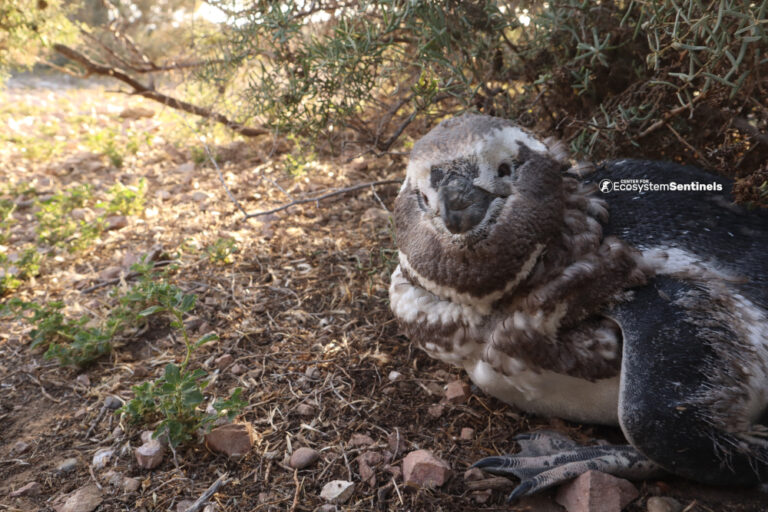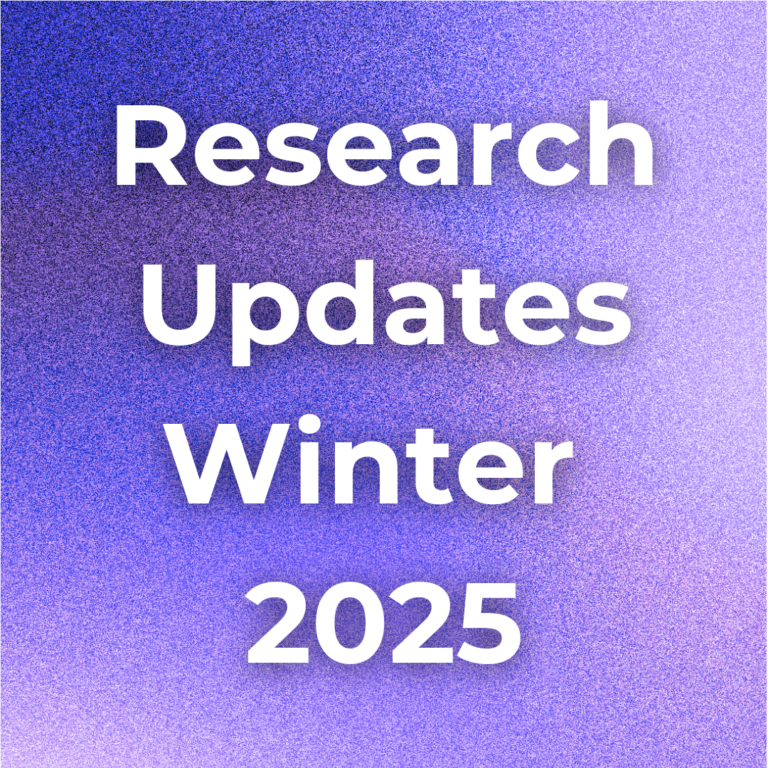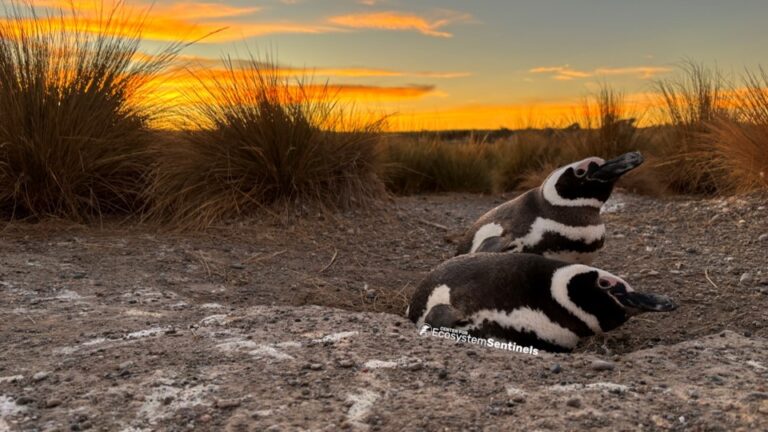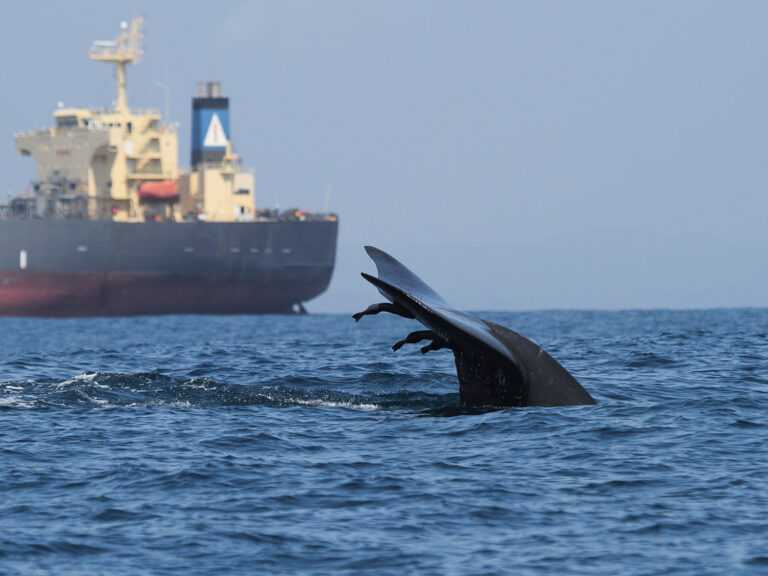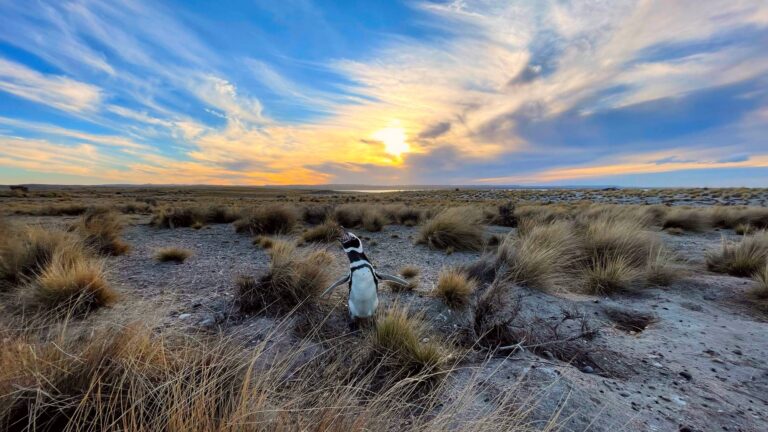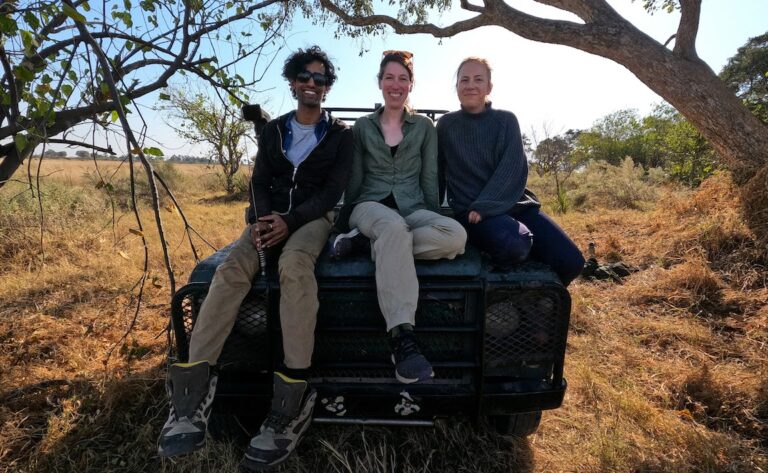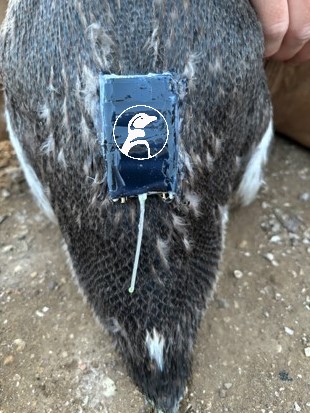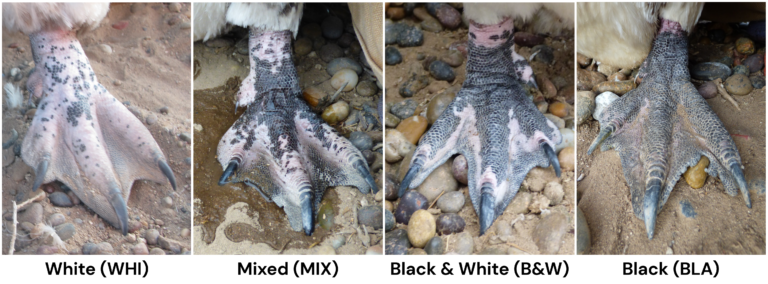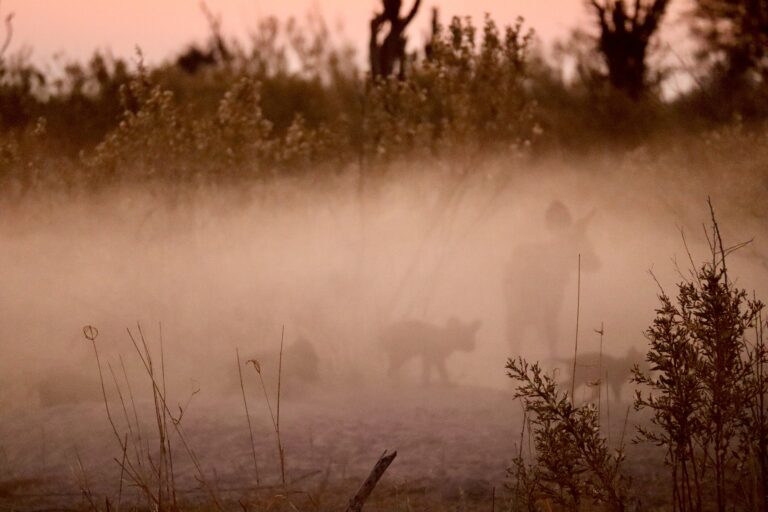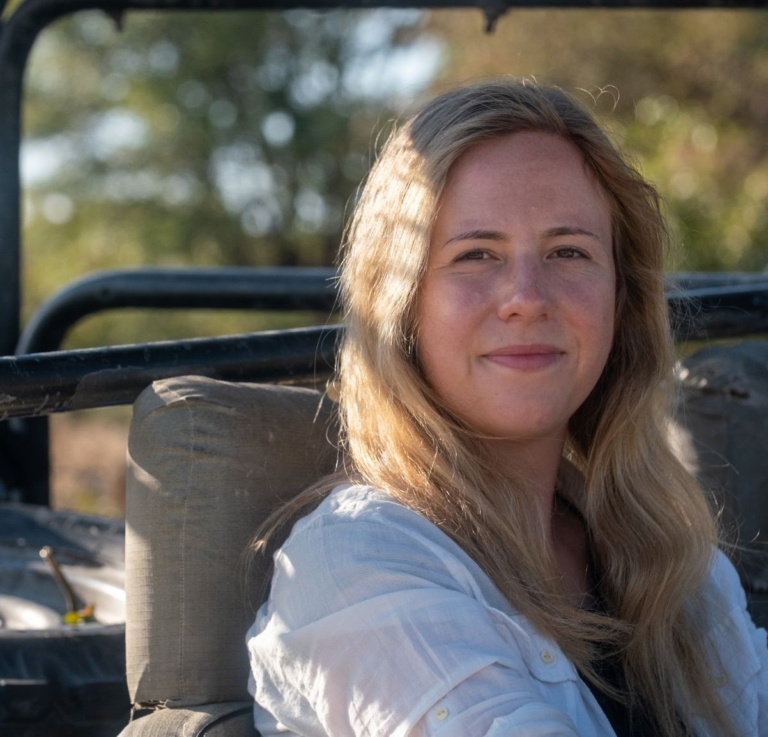Field update: Argentina, December 2024 – January 2025
This field season is the first time we’ve been at Punta Tombo, Argentina persistently from October to March since before the pandemic! We’ve seen chicks hatch and watched them grow into chubby fledglings. Unfortunately many died in December with their bellies full; we suspect it was due to toxic algae, which could also be the cause of the 71 southern […]
Field update: Argentina, December 2024 – January 2025 Read More »
